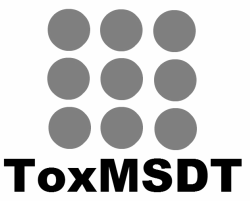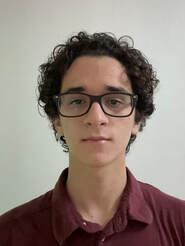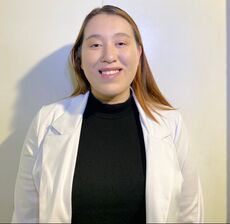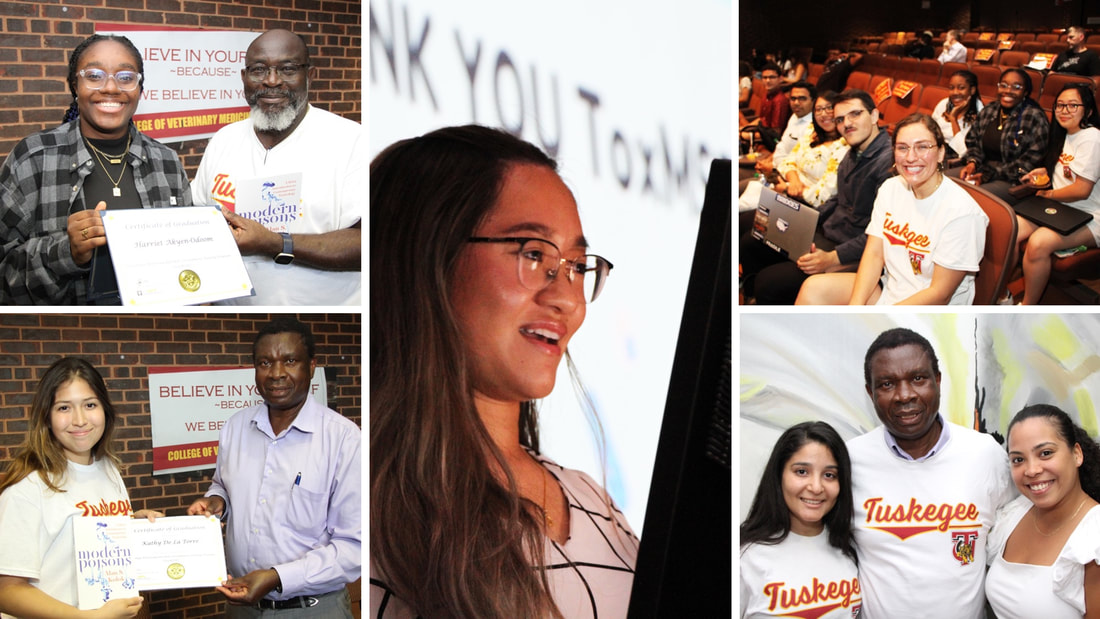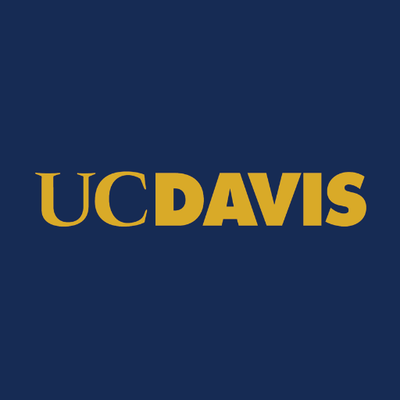Are you interested in joining the ToxMSDT program...
|
Application Process
|
Applications for 2023-2024 will open February 15, 2023.
Eligibility
|
Role of a Mentee: Each mentee will attend the mentee training provided at the University of California Davis inaugural kick-off workshop preparing mentees for monthly meetings with their mentor to receive career guidance. A job shadowing visit offers insight into mentor’s career path in toxicology and on the skills needed at the mentor’s current place of work. In addition, mentees attend the annual Society of Toxicology conference to continue networking efforts with professionals and to discover future career opportunities. To conclude the annual program, mentees attend the capstone event at Tuskegee University where successful candidates will receive a Certificate of Completion at the culmination of the program. This certificate marks successful accomplishment of other program components including training in research ethics and the completion of six online learning modules providing knowledge about important topics in toxicology ranging from ‘Principles of Toxicology’ to ‘Applied Systems Toxicology’. Throughout the year we also use the National Research Mentoring Network (NRMN) platform to enhance further communication between all members of our community.
Benefits to Mentees:
Benefits to Mentees:
- Knowledge and skills development to compete effectively for graduate school toxicology programs
- Individualized guidance and support to foster career development in toxicology
- Building a supportive network of mentors and fellow mentees
- Participation in the largest meeting in the field of toxicology, the Society of Toxicology’s annual conference
Meet the 2022-2023 Mentees
For the 2022/23 cohort, twenty-five Science, Technology, Engineering, and Math (STEM) sophomore, juniors, or seniors from underserved communities were selected to participate in the year-long mentoring program. Candidates were selected from a competitive pool of applicants and matched 1:1 with an established toxicologist in industry, academia, government, or nonprofit entities from across the country.
Mentee training is provided at the University of California Davis kick-off workshop preparing mentees for regular meetings with their mentor to receive career guidance. A job shadowing visit offers insight into mentor’s career path in toxicology and on the skills needed at the mentor’s current place of work. In addition, mentees attend the annual Society of Toxicology conference to continue networking efforts with professionals and to discover future career opportunities.
To conclude the annual program, mentees attend the capstone event at Tuskegee University where successful candidates will receive a Certificate of Completion at the culmination of the program. This certificate marks successful accomplishment of other program components including training in research ethics and the completion of online learning modules and case studies providing knowledge about important topics in toxicology ranging from ‘Principles of Toxicology’ to ‘Applied Systems Toxicology’.
Mentee training is provided at the University of California Davis kick-off workshop preparing mentees for regular meetings with their mentor to receive career guidance. A job shadowing visit offers insight into mentor’s career path in toxicology and on the skills needed at the mentor’s current place of work. In addition, mentees attend the annual Society of Toxicology conference to continue networking efforts with professionals and to discover future career opportunities.
To conclude the annual program, mentees attend the capstone event at Tuskegee University where successful candidates will receive a Certificate of Completion at the culmination of the program. This certificate marks successful accomplishment of other program components including training in research ethics and the completion of online learning modules and case studies providing knowledge about important topics in toxicology ranging from ‘Principles of Toxicology’ to ‘Applied Systems Toxicology’.
